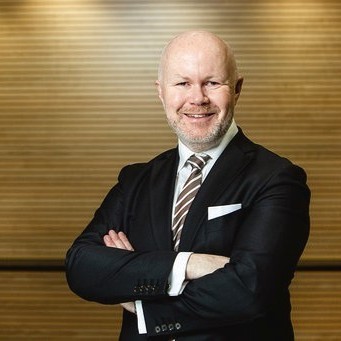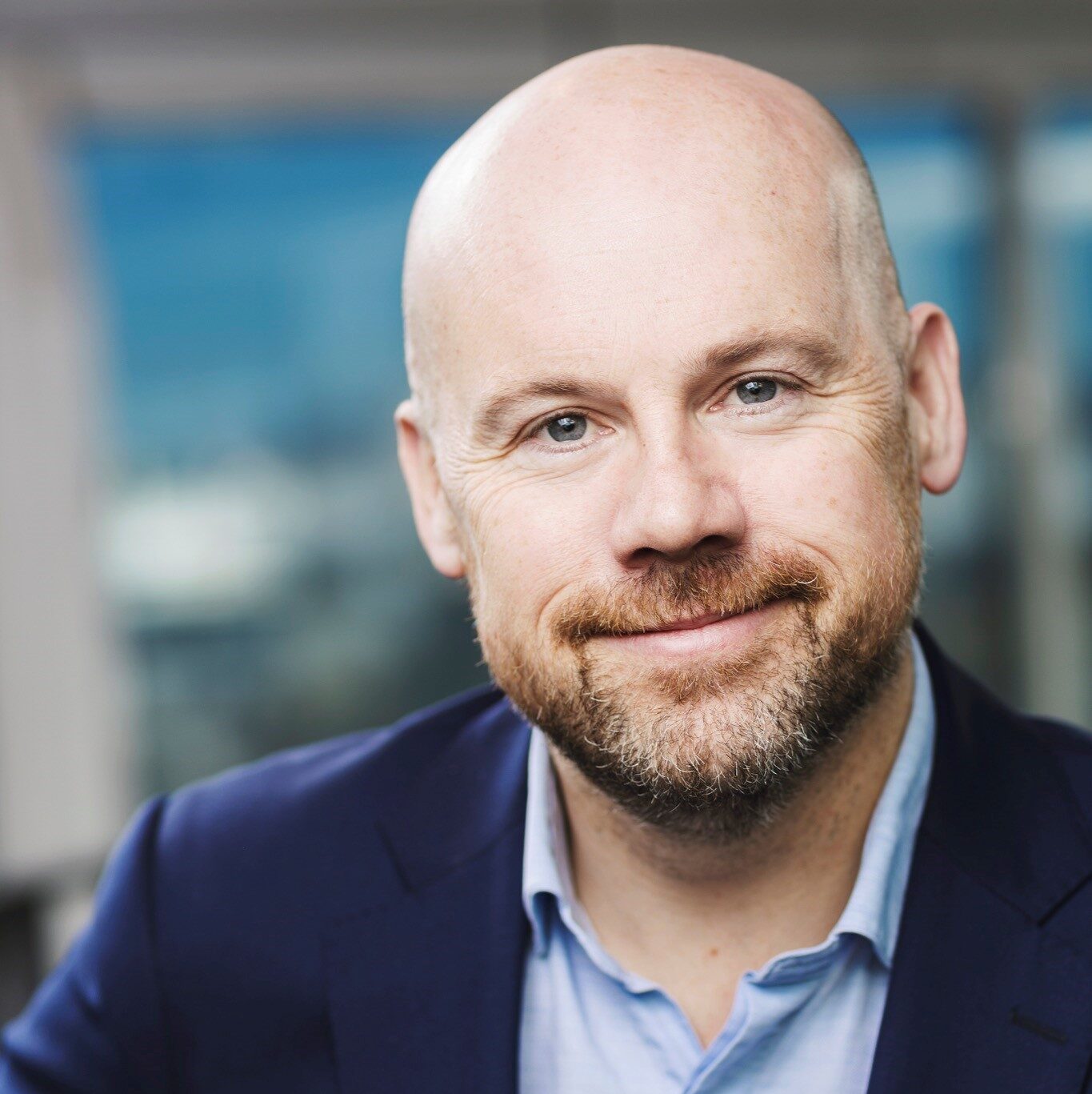
The 2022 bfinance Insurer Investment Survey has revealed major shifts in asset allocation, investment risk exposures and ESG practices during the pandemic, driven by long-term pressures and the effects of Covid-19.
The survey found most insurers are set to further cut their fixed income allocations in the next 18 months.
According to Funds Europe, “a further 61% of insurers are planning to enter unfamiliar asset classes, including Emerging Market Debt, Private Equity, and Infrastructure Equity and 74% are expected to increase portfolio liquidity.”
Insurers are also planning to increase their risk exposure with 73% saying there was the possibility to add more risk to their portfolios.
The survey highlighted greater efforts towards ESG, including a 120% rise in the proportion of insurers integrating ESG factors since before the pandemic.
It also found more insurers were taking part in exclusions/negative screening, carbon reporting and impact investment. bfinance stated the proportion of net-zero investment commitments is set to rise from 24% to 64%.
As well as this, the survey discovered that 46% of the insurers had increased their investment team headcounts during the pandemic period and were planning to further increase them, especially in ESG where 59% of them plan to add more staff.
Kathryn Saklatvala, head of investment content at bfinance, said: “The pandemic and its impact on inflation, rates and systemic risk have produced a distinct observable change in the pace and direction of travel, speeding up the pre-existing shifts towards new asset classes and portfolio illiquidity — despite the challenges these can pose within insurers’ regulatory frameworks and in-house risk models — and producing a clearer movement in favour of equity risk exposure.”
The survey drew on data from almost 90 insurers in 20 countries, whose combined portfolios exceed $5 trillion.
Source: Funds Europe
View our blog for market news and company updates.



